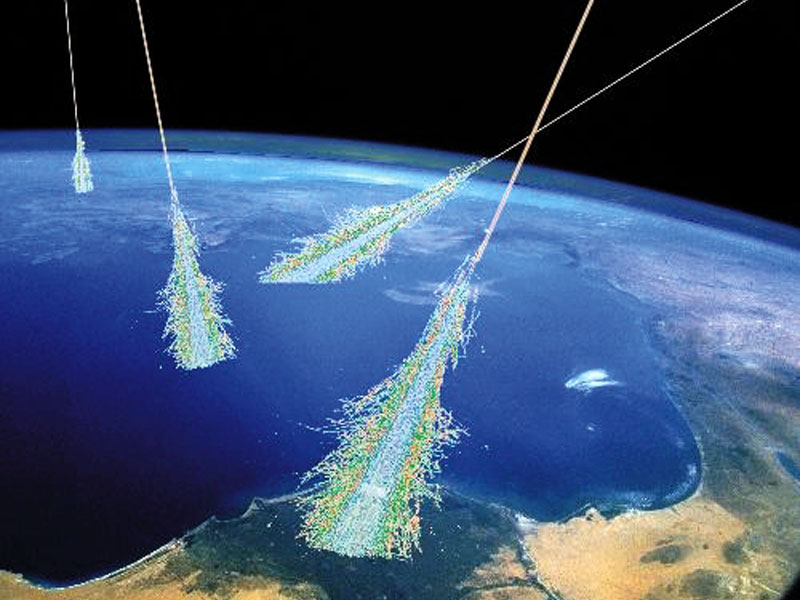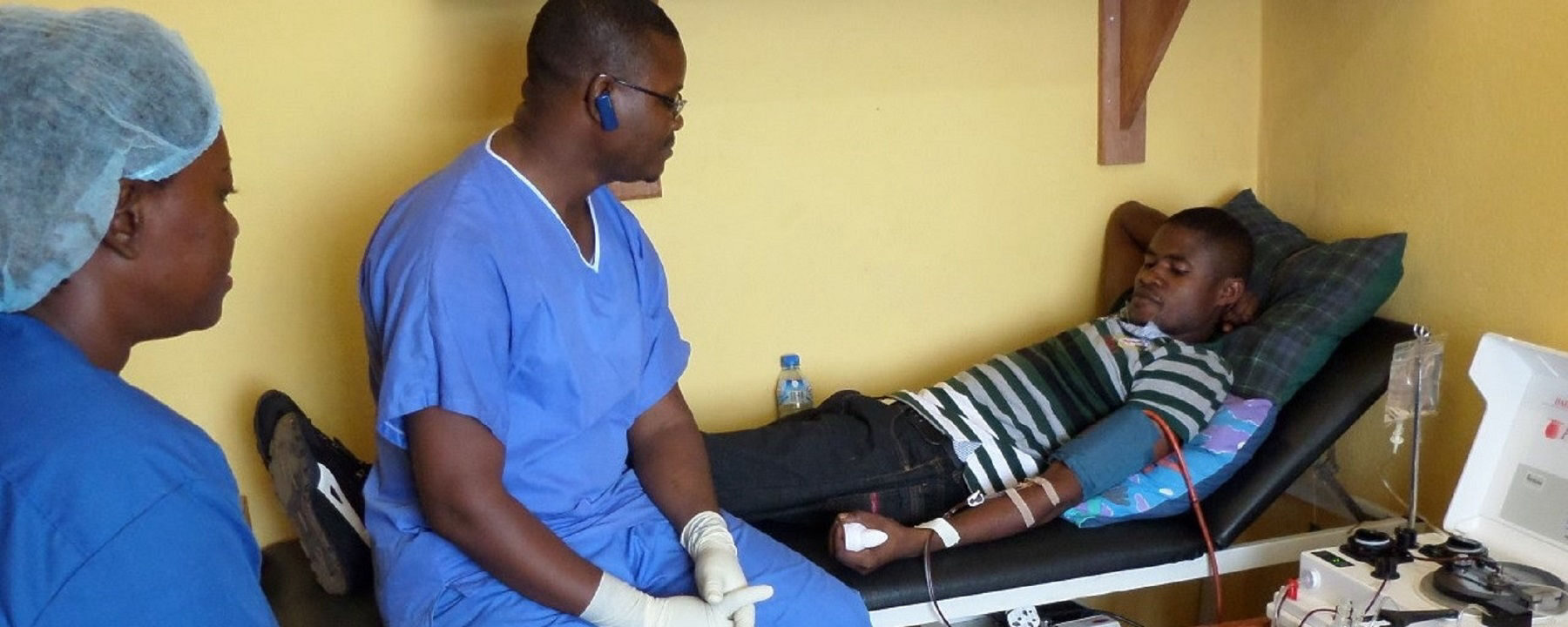Jeff J. Brown: If you are a member of the Western elites, their military and/or the deep state, you should be very, very worried, now that Xi Jinping is in power (ditto Putin in Russia). To better understand Xi, it helps to know about his father, Xi Zhongxun, as Xi is a proverbial chip off the old block.
Xi Zhongxun was a committed revolutionary from an early age. He was sent to prison at the age of 14 for trying to poison a teacher, whom he and his schoolmates considered to be a lackey for the foreign colonialists. He joined the Communist Party of China behind bars, in 1928, at only 15 years of age. Quite an auspicious adolescence.
Xi Zhongxun was also a very successful military leader in the Red Army and had fabulous organizational and managerial skills. Without him setting up operations in Shaanxi Province, where Mao & Co. arrived after the Long March ended in 1935, the Red Army may not have been able to push on to defeat the fascist Japanese and KMT, and kick out the Western colonialists, towards eventual national liberation in 1949.
Xi père and Xi’s mother, Qi Xin, were unfailingly committed to the Party and the Chinese Communist revolution. Herculean and bitter personal sacrifices were made by Xi’s parents for their country and Party. All their lives, they never gave up on the cause of socialism for the Chinese masses, even though they were purged, imprisoned (father) and sent to hard labor on farms (mother), 1962-1976.
Xi’s father was also very empathetic, being a successful conciliator and negotiator in Western China, before and after liberation in 1949, with local Tibetans and Muslim Ouighers. Xi’s father avoided as much bloodshed as possible and the more violent aspects of revolution. It was Xi’s father, who Deng Xiaoping sent to Guangdong Province, across the border from Hong Kong, in 1978, to defuse the volatile discontent among the locals, who were clamoring over the border, into the British colony, seeking work and a better lifestyle. It was Xi’s father, not Deng, who came up with the brilliant idea to create little Hong Kongs inside Guangdong, where the masses could work and realize their dreams. Thus, Shenzhen and the other Special Economic Zones (SEZs) were signed off on by the National People’s Congress, Central Committee, Politburo and Deng. Deng & Co. didn’t have any money, but they had the power of the pen to make Xi’s SEZs legal. The rest is history.
Xi’s father was also incredibly well read and erudite. Their house was full of dog eared books. Xi Jinping was sent to the countryside in 1969, to work as a peasant for seven years, during the Cultural Revolution. Xi did backbreaking, barefoot labor and learned to live with fleas and lice, while developing his nascent leadership and managerial skills. He arrived with boxes of his father’s books to keep him company. He read every one of them, many in the evenings, reading out loud under a kerosene lamp, to his less educated rural neighbors.
To this day, Xi Jinping is probably one of the best read world leaders in office, having and continuing to read hundreds of Russian, Greek, French, German, English, Spanish and American classics (fiction and nonfiction), all the huge canon of Chinese works, as well being extremely well versed in Marxist-Leninist-Maoist writings. Xi even got an additional college degree in Marxist Theory and Law, 1998-2002, while he was governor of Fujian. He never stops reading and learning, claiming that it is his greatest personal passion.
It also needs to be pointed out that Xi Jinping, like his father, is a military man. He has been in the PLA since 1980 and held high level, military command posts everywhere he went throughout his 35-year career, at the local, provincial and finally, national level. His wife, famous revolutionary songster Peng Liyuan (she sings Russian folk songs like a native), is also a lifelong member of China’s military. Like Xi’s mother and father, he and Peng are proud Chinese soldiers and communists, through and through.
Finally, like his father, who also saw the highs and lows of the human condition, Xi Jinping’s broad life experiences and empathy make him an excellent judge of character, which is invaluable as a leadership trait. As president and top military leader of China, he is involved in choosing hundreds of team members, and he has a knack for picking the right people, as well as removing the ones who don’t perform.
So, all of this was imbued in Xi Jinping from birth. While a child of privilege, due to his father’s legendary standing in China’s modern history, his parents emulated and taught Xi Jinping empathy, frugality, simplicity, humility, hard work, sacrifice, fairness, reasonableness, tolerance for other people’s differences, a thirst for knowledge and loyalty to country, revolution and Party. If much of this sounds like Buddhism-Daoism-Confucism, well it is. When Xi was in Fujian Province, 1985-2001, he was in contact with many Taiwanese visitors. While an avowed atheist, Xi became very interested in this ancient foundation of Chinese society, which richly flavors Taiwan’s people. Today, Xi is reaching back to this tripartite cornerstone of Chinese civilization, to invoke his “moderately prosperous” Chinese Dream (much as Putin has with Russian Orthodoxy), and to hone his decidedly anti-Western Empire sentiments.
Lastly, unlike his father, who always preferred to work in the background, Xi Jinping is showing himself to be a master of media and public relations. He deftly uses TV and print media to the Party’s advantage. His books are being translated into several languages and, The Governance of China, has already sold four million copies overseas. The Chinese Dream of the Great Rejuvenation of the Chinese Nation, is also available internationally.
All of his books and speeches are now available for free via a phone app in China. Over the Chinese New Year, the Party produced three short animated cartoons that went viral, depicting Xi cleaning up corruption and working for the masses to achieve the Chinese Dream and Great Rejuvenation of the Chinese Nation. His wife, Peng Liyuan, and Premier Li Keqiang, add savvy media support for Baba Beijing at home and around the world too. No other modern Chinese leader, apart Mao, has used the media as masterfully as Xi.
As I have said in a number of radio shows and columns, the West has no answer for Xi Jinping (nor Putin, for that matter). The world is officially in the Xi Era (and you could just as well add, Putin Era). All of this will be fleshed out in fascinating detail, from his birth to the present, in Red Letters – The Diaries of Xi Jinping (including all those meetings and phone calls between Putin and Xi).
 )
)



